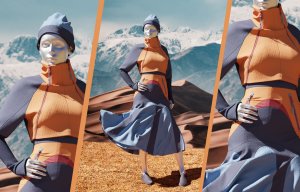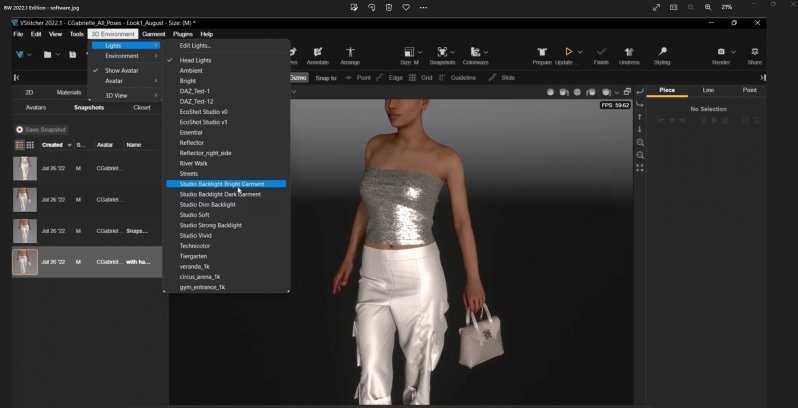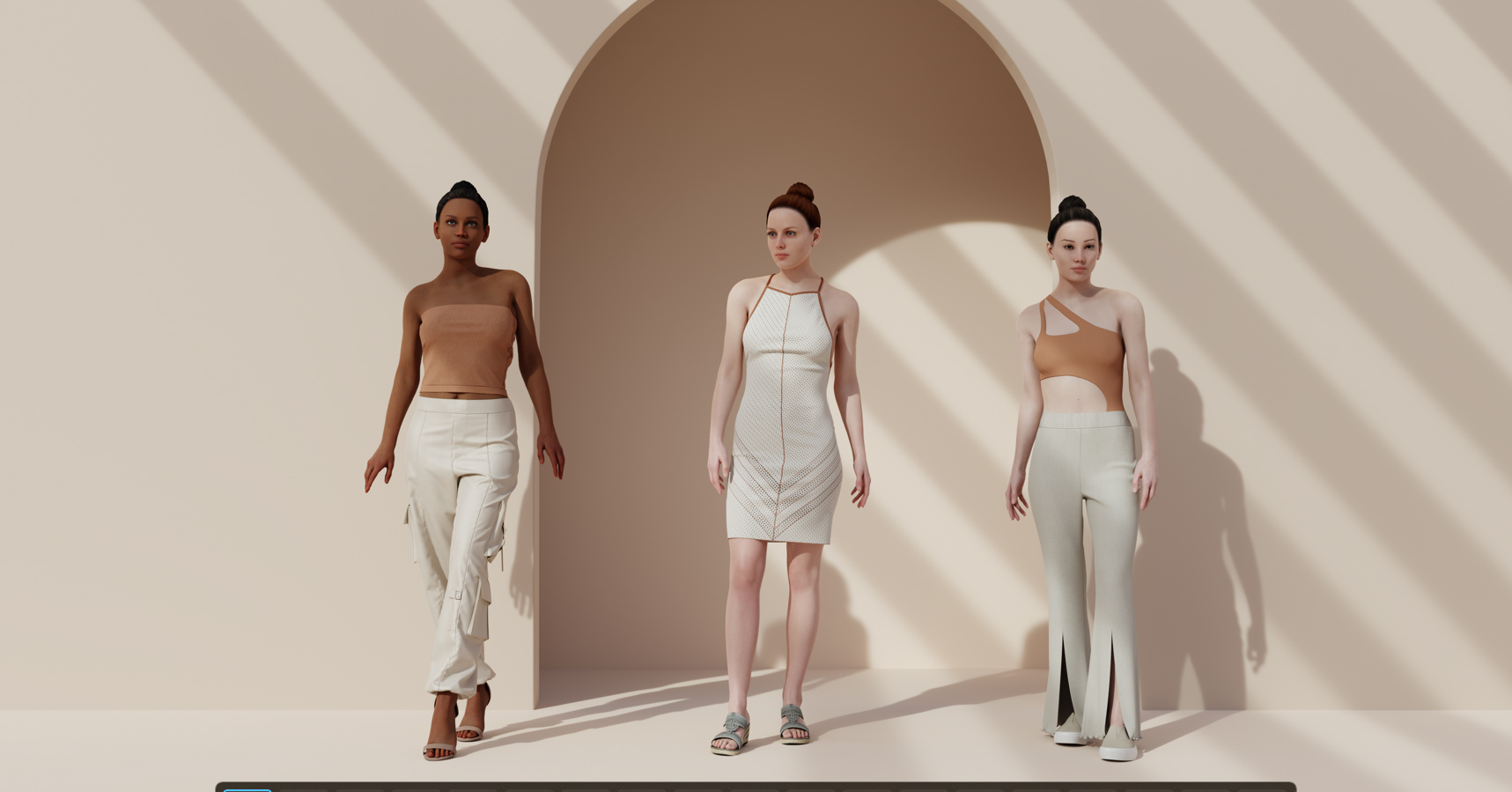
Polartec collection available for VStitcher
Technology will automatically generate visualisations on par with cinematic CGI.

9th August 2022
Innovation in Textiles
|
New York
Powerful new capabilities have been incorporated into the latest software updates for Browzwear’s VStitcher and Lotta platforms.
The new software integrations support the faster creation of photo-realistic visualisations, as well as features proving greater assurance that fabric representations in 3D share the physics of those in real life.
With the confidence that 3D garments are true digital twins of physical items, brands and manufacturers can leverage them at every step from concept to commerce, eliminating waste, reducing errors and speeding time to market.
The latest software release adds the power of real-time, true-to-life rendering via integration with Unreal Engine (UE), the Epic Games 3D computer graphics game engine. As the new standard for rendering in Vstitcher, UE – the technology driving photorealistic experiences in popular games such as Fortnite, the Grand Theft Auto trilogy and Batman – will automatically generate visualisations on par with cinematic CGI in the 3D window as the garment is being created.

By incorporating UE, Browzwear will considerably accelerate the process of creating even more realistic visualisations, and at the same time, reduce the amount of computing power required. With the increased clarity of garment details and the addition of accurate shadows on still images, turntables and animations, the 3D visualisations will serve as accurate digital twins suitable for showcasing and merchandising, opening new opportunities for fashion businesses to operate more efficiently and sustainably using 3D.
Also included in the version 2022.1 update is a new system of watermarking that clarifies to users which digital fabrics are sure to share the physical properties of their real-world counterparts as verified by testing using the company’s Fabric Analyzer (FAB) technology. This translates a textile’s unique properties into digital form, ensuring draping and movement in 3D will be exactly the same as in real life. By verifying which digital fabrics have undergone this process through a visual watermark, Browzwear is giving customers additional assurance that 3D visualizations are true digital twins of the physical items produced.
The new edition offers designers more control over the transparency of fabrics visualized in 3D, offering new freedom to experiment during product development. Additionally, with the added assurance that 3D visualisations are accurate representations of the garments that will be produced, fashion merchandisers can confidently, quickly make purchasing decisions without the need for physical samples.
“As 3D technology plays an increasingly important role in the movement towards a more sustainable fashion industry, the level of confidence that brands, manufacturers and other stakeholders have in the accuracy of visualisation is of growing importance,” said Hanan Lifshitz, VP of products at Browzwear. “The addition of FAB watermarks and Unreal Engine are just two of the many ways we are helping to reduce the industry’s environmental impact while also supporting better business practices that drive impact for the world overall.”

Business intelligence for the fibre, textiles and apparel industries: technologies, innovations, markets, investments, trade policy, sourcing, strategy...
Find out more